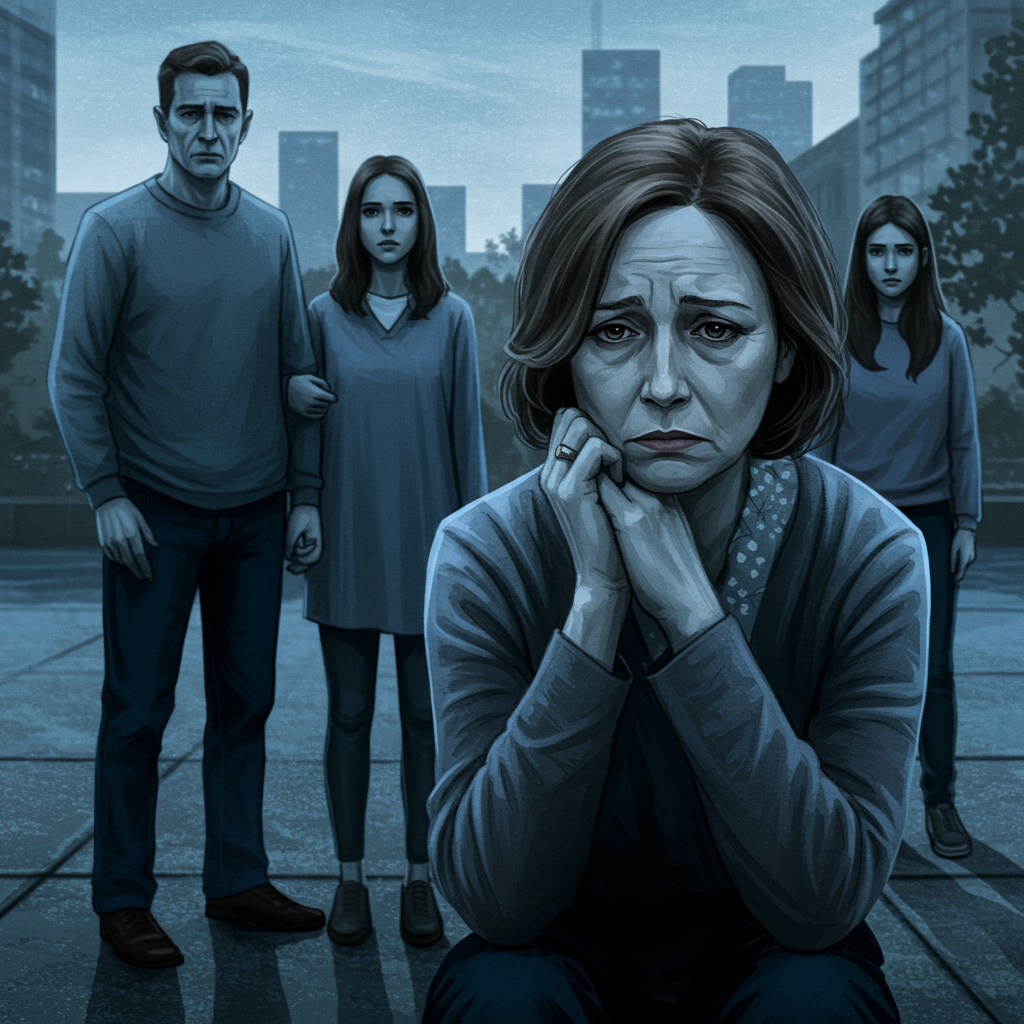Bibliotherapy, often described as healing through reading, is gaining significant traction as a means to support mental wellbeing and navigate life’s challenges. The premise is simple: books, whether fiction or non-fiction, can offer profound insights, comfort, and a sense of connection that aids personal growth and emotional processing.
But is it a universal remedy, or is its power more nuanced? Experts and individuals alike are exploring how engaging with literature can make a difference, while also acknowledging its limitations.
Finding Solace in Stories: The Personal Impact
For many, like Elizabeth Russell, bibliotherapy arrives during difficult times. Facing a stressful divorce and long-term depression, Russell discovered “creative bibliotherapy,” where tailored fiction recommendations are used to support mental health. Guided by a bibliotherapist, she received a list of books featuring characters grappling with similar life decisions.
The impact was profound. Russell felt less alone, learning from fictional journeys and mistakes. As she describes it, the experience “opened up something in me that needed to be opened and needed to heal.” This powerful personal testimony reflects a core appeal: books offer a safe space to explore complex emotions and feel understood, serving as a “container” for reflection and self-discovery. They can feel like an “invitation” to explore inner landscapes, meeting individuals exactly where they are without judgment.
What is Bibliotherapy?
At its heart, bibliotherapy involves using carefully selected reading material to help individuals cope with emotional and psychological challenges. This can range from structured therapeutic sessions with a trained practitioner who curates reading lists based on a client’s specific needs, to more informal approaches like self-guided reading of recommended self-help books or engaging in group discussions around shared texts.
While self-help literature has documented benefits for conditions like anxiety and depression, creative bibliotherapy proponents believe fiction offers unique advantages. Immersing oneself in rich, simulated worlds can provide emotional distance to process difficult experiences, offer new perspectives, suggest coping strategies, or simply provide a vital escape. As one perspective notes, great literature has the potential to “relieve, restore, and reinvigorate the troubled mind.”
Beyond the Hype: Nuance and Caution
Despite the compelling anecdotes and growing popularity, experts emphasize that bibliotherapy is not a universal cure. The scientific evidence supporting its efficacy for treating specific mental health conditions is still developing and can be shaky, particularly for fiction-based approaches.
As computational cognitive scientists point out, the idea that books are a “cultic object” that will fix everything is simply not true. The effectiveness of bibliotherapy depends heavily on several factors:
The Individual: Personality, existing conditions, and readiness to engage are key.
The Book: Not all books are beneficial; selection matters immensely.
The Engagement: Passive reading is less impactful than deep emotional connection and reflection.
General Benefits vs. Clinical Treatment
While direct evidence for treating clinical disorders with fiction is limited, research does suggest general benefits associated with regular reading for pleasure. Readers often report lower levels of stress, depression, and loneliness, alongside increased social connection and confidence. Reading fiction, specifically, has been linked to boosts in empathy, reduced prejudice, and greater kindness towards others. For children, it can modestly improve behavior and aid emotional expression.
Self-help literature often functions like self-guided therapy and has shown clearer benefits for conditions like anxiety, depression, and certain eating disorder symptoms.
Potential Risks: When Books Can Harm
Crucially, experts warn that certain types of reading material can be detrimental, especially for vulnerable individuals. Research involving people with eating disorders found that reading fiction featuring characters with similar conditions often worsened their symptoms, potentially by triggering competitive thoughts or reinforcing obsessive patterns. There are similar concerns that novels featuring substance abuse could act as triggers for individuals with addiction, especially if addiction is glamorized.
Bibliotherapy is also considered inappropriate and potentially harmful for individuals experiencing severe conditions like psychotic illness or suicidal thoughts, where careful clinical intervention is paramount. Responsible initiatives like the UK’s Reading Well program take these risks seriously, curating lists reviewed by experts and people with lived experience, sometimes explicitly avoiding fictionalized accounts of conditions in favor of practical support or uplifting content.
The Power of Shared Reading and Deep Engagement
The true benefits of bibliotherapy, particularly for general wellbeing and connection, appear amplified by how* one engages with the material. Merely finishing a book may not be enough. Studies suggest that deep emotional engagement – finding a book absorbing, transporting, and resonant – is crucial for positive effects on wellbeing.
Furthermore, reflecting on books, especially in a group setting, can provide a significantly larger boost. Shared reading groups, where a facilitator guides participants in reading aloud and discussing texts, have shown remarkable success in combating loneliness and fostering deep connections. Using literature as a “springboard,” these groups allow people to safely discuss life, emotions, and shared human experiences, validating individual feelings and creating a powerful sense of community. Hearing diverse perspectives and realizing common struggles fosters a feeling of being seen and not alone, which is a fundamental aspect of bibliotherapy’s healing potential.
Finding Your Path Through Books
Bibliotherapy is not a one-size-fits-all solution, nor a substitute for professional medical advice or treatment for mental health conditions. However, for many, it serves as a valuable additional tool.
Whether seeking tailored recommendations from a professional, exploring curated lists from reputable programs, or joining a local reading group, engaging thoughtfully with books can offer comfort, new perspectives, and a powerful reminder that you are not alone on your journey. As the personal stories and research suggest, finding the right book, at the right time, and allowing yourself to deeply connect with it, can indeed open up something needed for healing and wellbeing.




